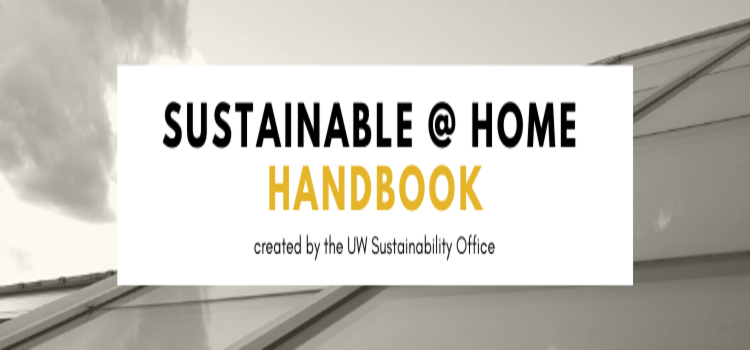What is fast fashion?
Fast fashion is when companies rapidly market and sell trendy and cheaply manufactured clothing. Clothing companies are able to do this by utilizing poor manufacturing tactics that affect the wellbeing of their employees and the environment. These companies target impoverished communities where local community members have few other options than to work in the conditions they provide, employing both adults and child for meagre wages for their labour. The warehouses are often overcrowded and poorly structured. There is a history of these factories crumbling down and trapping the workers beneath the rubble, this has killed and injured many workers.
Not only is fast fashion an inhumane practice, it also greatly harms the environment. Fast fashion pollutes nearby water bodies with microfibers and dyes from runoff. It also takes an astounding amount of water to produce one piece of clothing. For example, it takes 2,700 litres of water to produce one cotton t-shirt, which is the same amount of water that the average person drinks in two and a half years!

“Fast fashion is like fast food. After the sugar rush, it just leaves a bad taste in your mouth.” -Livia Firth
What drives fast fashion?
Fast fashion relies on the fashion industry continuously changing what is considered in style. This leads to a higher demand of products and the need to constantly produce new goods. This also means that there is a great amount of waste from the turnover - since clothing is produced so cheaply, the remaining merchandise is often thrown into landfills.

What can we do?
There are many alternatives to supporting the fast fashion industry. Thrifting is an amazing option that gives clothes a second chance at life, and there are many local thrift and secondhand stores in Waterloo Region, such as:
- Value Village (Farmers Market Road, Waterloo)
- Luster & Oak (King Street S, Waterloo)
- Worth a Second Look (97 Victoria Street N, Kitchener)
- Salvation Army (Highland Park Shopping Centre, Kitchener)
It is great to shop locally and support smaller businesses that do not mass produce in a factory. Many brands have become more aware of the problem and choose to ethically produce their products, so you can also look for companies that support fair wages and sustainable production. If we all make the decision to consciously shop ethically and sustainably, we can change the industry of fast fashion.

Sources
Chyan, A. (2018, December 20). 'Fast Fashion': Environmental impacts and what you can do as a consumer. Global News.
Goldsmith, B. (2015, May 27). A new film explores the devastating impact of 'fast fashion' on workers. Business Insider.
Lane, I. (2020, April 10). ‘Slow fashion is the future’: Study says it’s time to scrap polluting ‘fast fashion’ industry. The New Daily.
Perry, P. (2018, January 7). The environmental costs of fast fashion. The Independent.
Peters, A. (2018, August 08). Why this clothing company is making its factory wages public. Fast Company.